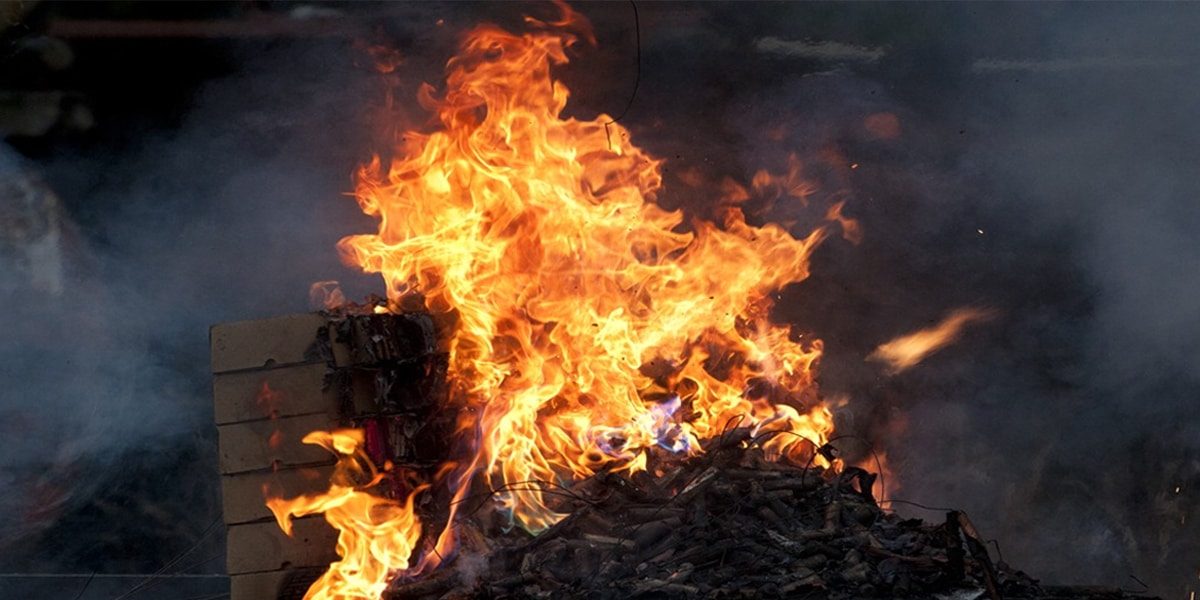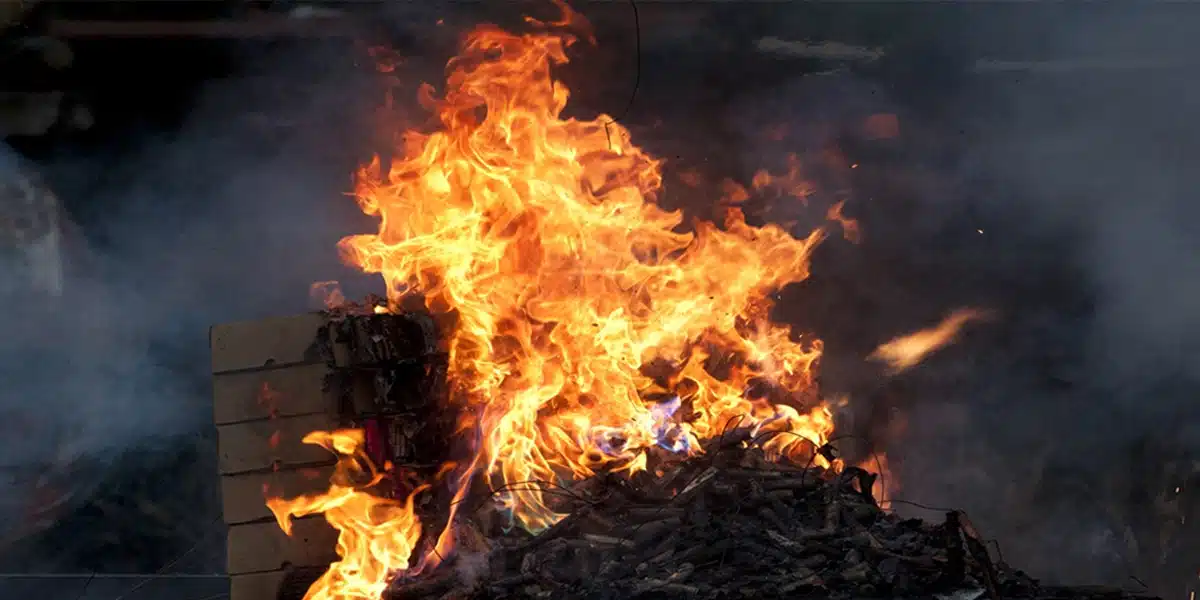In recent weeks, Australian officials have reported several safety incidents involving lithium-ion batteries. These have ranged from fires at garbage tips due to the explosion of improperly disposed batteries to power sources suddenly exploding and causing harm to those using a diverse range of devices, including mobile phones, power tools, and mobility items.
As a result, the Australian Competition and Consumer Commission (ACCC) has launched a landmark study regarding the safety of lithium-ion batteries and devices that use them as primary power sources. The ACCC has called upon the public and professional experts for any input regarding improving safety measures regarding the use of lithium batteries.
Over the past five years, the ACCC received more than 200 incident reports involving exploding lithium batteries. These reports resulted in the recall of more than 20 battery-powered devices from the consumer market.
More Commonplace = More Risks
ACCC deputy head Delia Rickard pointed out how the Commission noted the increasing number of reports wherein exploding batteries or those that appear to have combusted spontaneously have caused serious harm to people and animals and delivered considerable damage to property.
Among the lithium battery-powered devices involved in such incidents are laptops, mobile phones, power tools, solar power panels used in homes, and even mobility devices like electric bikes and scooters.
Rickard admitted that lithium batteries are now a part of daily living, are generally safe as a rule, and ensure that one’s vital devices are powered up at all times. However, she reminded people that their contents, specifically electrolytes, are extremely volatile materials that could explode when used or disposed of incorrectly or exposed to extreme heat or pressure.
Firefighters who have dealt with the more recent incidents involving exploding lithium batteries observed that these fires can be very difficult to put out and have a greater degree of hazard as these tend to reignite.
Internal Flaws
While the ACCC is awaiting input from the public and concerned organizations, Superintendent Greg Symonds of the New South Wales Fire Investigation and Research Unit notes that many of the batteries retrieved from fires or explosions appeared to have been made with inferior materials or were charged with an incompatible wire and plug.
Symonds made an example of a recent incident wherein an electric skateboard caught fire as its owner charged it overnight. The owner was alerted to the incident by loud popping sounds from within the device.







